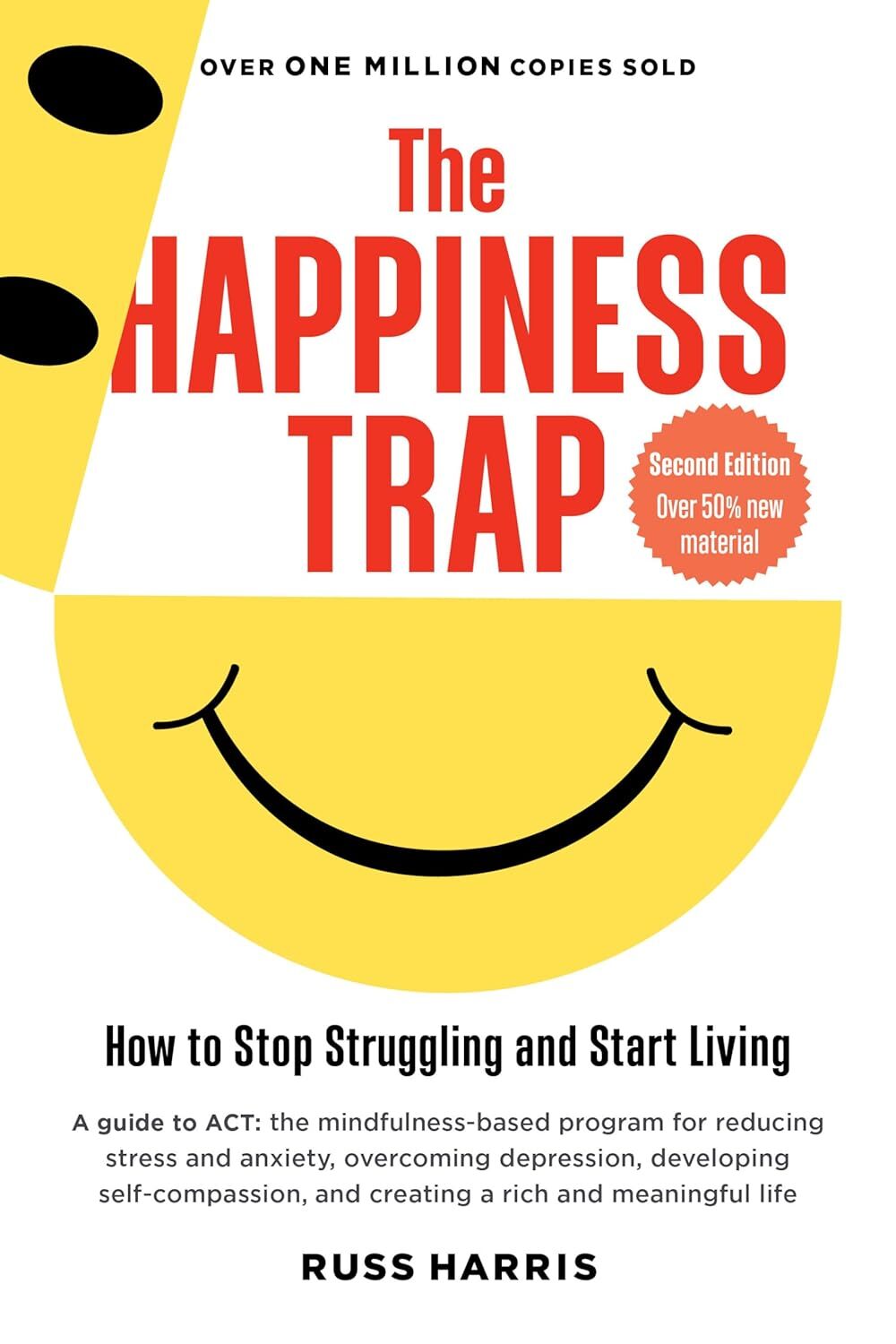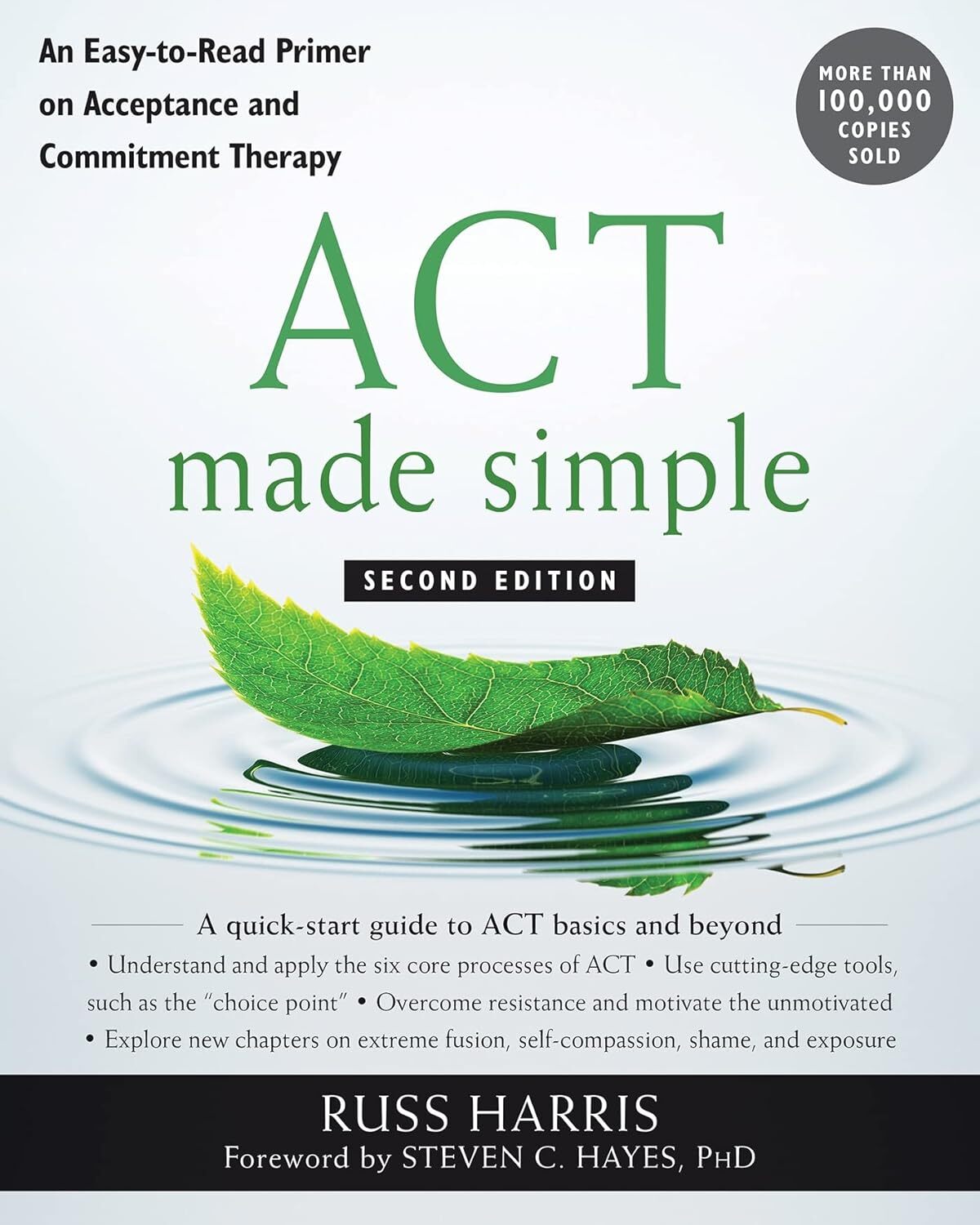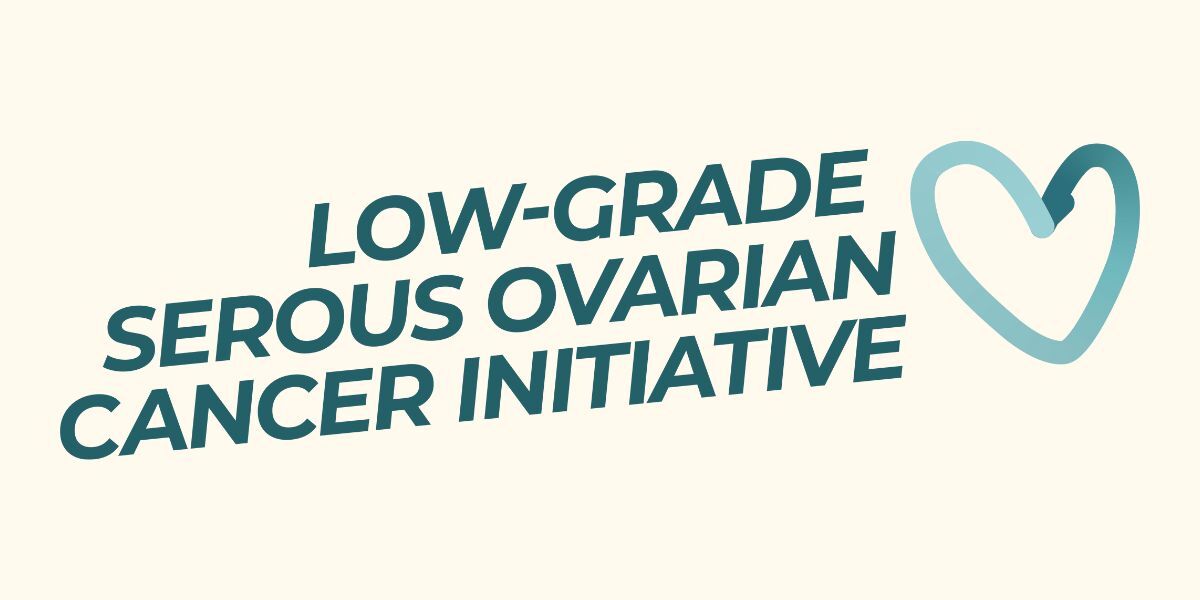Acceptance and Commitment Therapy (ACT)
Enhance Your Journey with Values-Based Actions

Introduction
Acceptance and Commitment Therapy (ACT) is a mindfulness-based approach that helps cancer survivors accept difficult emotions and thoughts while committing to actions aligned with their values. By fostering psychological flexibility, ACT supports emotional well-being and purposeful living across all stages of recovery.
What You Need To Know
Disclaimer: The information on Survivor Site is for general informational purposes only and is not a substitute for professional advice, diagnosis, or treatment. Always consult a qualified healthcare provider before starting any medical, psychological, or wellness practices.
How To Do It
Instructions:
1. Prepare Your Tools
- Use a notebook or digital app to record thoughts, emotions, and actions.
- Find a quiet space and allocate 10–15 minutes daily.
- Reflect on what matters most (e.g., family, health, creativity).
- Write down 2–3 core values to guide your recovery (e.g., “staying connected,” “prioritizing self-care”).
- Stepping back and observing your own experiences, including your thoughts and feelings, from a detached perspective.
- This is sometimes called the "observing self" and helps you see yourself as more than just the content of your thoughts.
- Acknowledge difficult emotions or thoughts (e.g., “I’m scared about my next scan”) without judgment.
- Use mindfulness: Observe thoughts as passing events, not facts (e.g., “I’m having the thought that I’m scared”).
- Apply cognitive defusion: Distance yourself from unhelpful negative thoughts (e.g., say, “I notice I’m thinking I’ll never feel better” instead of believing it).
- Understand the concept of 'Automatic Thoughts': Visualize thoughts as clouds passing by or leaves on a stream.
- Choose small, actionable steps aligned with your values (e.g., call a friend to honor “connection”).
- Use your Calendar to schedule: Time block these actions (e.g., 10 minutes for journaling).
- Engage in a 5-minute mindfulness exercise (e.g., focus on breathing or body sensations) to stay present.
- Practice mindfulness with acceptance to reduce emotional struggle.
- Review your values and actions weekly to assess alignment.
- Adjust actions based on energy levels or treatment changes.
- If emotions feel overwhelming, pause and practice slow breathing.
- Seek a therapist or counselor for guided ACT, if needed.
Helpful Tips:
- Start small: Focus on one value or action daily if fatigued.
- Be flexible: Adjust actions based on recovery needs.
- Use metaphors: Visualize thoughts as passengers on a bus you drive (an ACT technique).
- Stay consistent: Practice daily for deeper benefits.
- Combine with journaling: Record values and actions for clarity.
- Track emotions: Note shifts in mood or resilience.
- Consult professionals: Work with an ACT-trained therapist for support.
- Adapt for recovery: Tailor actions to treatment phases.
- Celebrate progress: Acknowledge value-driven steps, however small.
Related Topics:
Strongly Related
Reduce Stress:
[Links to related web pages]
[Links to related web pages]
[Links to related web pages][Links to related web pages]
Moderately Related
Issue B:
[Links to related web pages]
[Links to related web pages]












